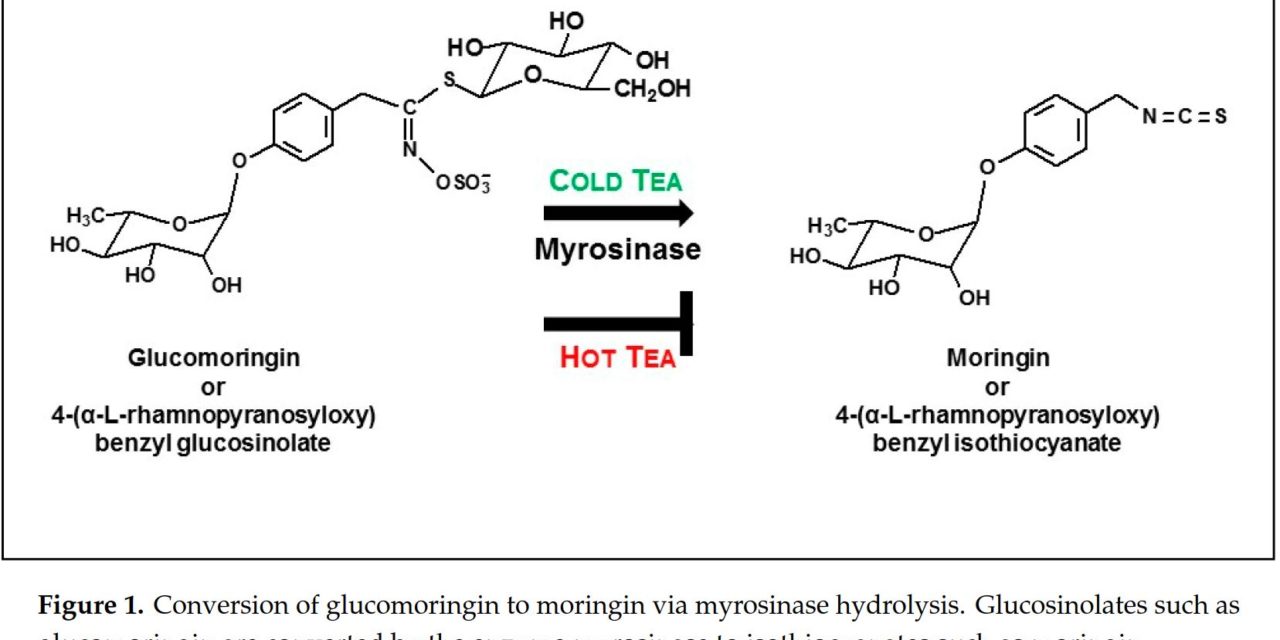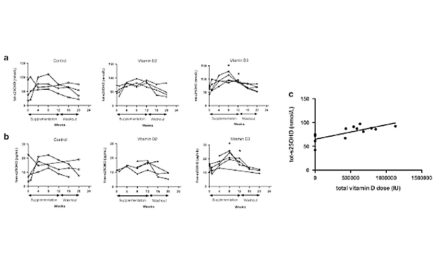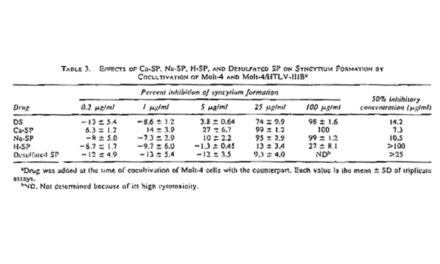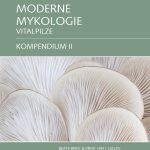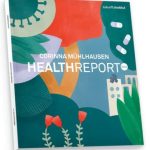A Strategy to Deliver Precise Oral Doses of the Glucosinolates or Isothiocyanates from Moringa oleifera Leaves for Use in Clinical Studies
Jed W. Fahey 1,2,3,4,* , Kristina L. Wade 1,3, Katherine K. Stephenson 1,3, Yuzhu Shi 1, Hua Liu 1,3 , Anita A. Panjwani 1,4 , Collin R. Warrick 1,3 and Mark E. Olson 5,6
1 Cullman Chemoprotection Center, Johns Hopkins University, Baltimore, MD 21205, USA
2 Department of Medicine, Division of Clinical Pharmacology, Johns Hopkins University School of Medicine, Baltimore, MD 21205,
USA
3 Department of Pharmacology and Molecular Sciences, Johns Hopkins University School of Medicine, Baltimore, MD 21205, USA
4 Department of International Health, Center for Human Nutrition, Johns Hopkins University Bloomberg School of Public Health,
Baltimore, MD 21205, USA
5 Instituto de Biología, Universidad Nacional Autónoma de México, Tercer Circuito de Ciudad Universitaria, Ciuadad de México
04510, Mexico
6 The International Moringa Germplasm Collection, Jalisco 04510, Mexico * Correspondence: jfahey@jhmi.edu
Received: 8 June 2019; Accepted: 2 July 2019; Published: 9 July 2019
Abstract: The tropical tree Moringa oleifera produces high yields of protein-rich leaf biomass, is widely used as a food source, contains an abundance of phytochemicals, and thus has great potential for chronic disease prevention and perhaps, treatment. We have developed and characterized standardized ways of preparing aqueous “teas” from moringa leaves to deliver precisely calibrated levels of phytochemicals for use in clinical trials. These phytochemicals, especially the glucosinolate glucomoringin and the isothiocyanate moringin, produced from it following hydrolysis by the enzyme myrosinase, provide potent anti-inflammatory and cytoprotective indirect antioxidant activity. The taste of both hot and cold teas is palatable without the need for flavor masking.
These teas can be easily and reproducibly prepared in underserved tropical regions of the world where moringa is cultivated. Isothiocyanate yield from a cold extraction was rapid and essentially complete after 30 min and its anti-inflammatory potential is comparable to that of equimolar purified moringin. A preparation similar to this may be safe to consume with respect to its bacterial titer even after 48 h without refrigeration. Thus, facile delivery of moringa tea to both adults and children for clinical
evaluation of their effects on such conditions as autism, diabetes, and hypertension, is now possible.
Keywords: anti-inflammatory; cytoprotection; drumstick tree; glucomoringin; horseradish tree; indirect antioxidant; leafy vegetable; moringin; phytochemical
(…)

